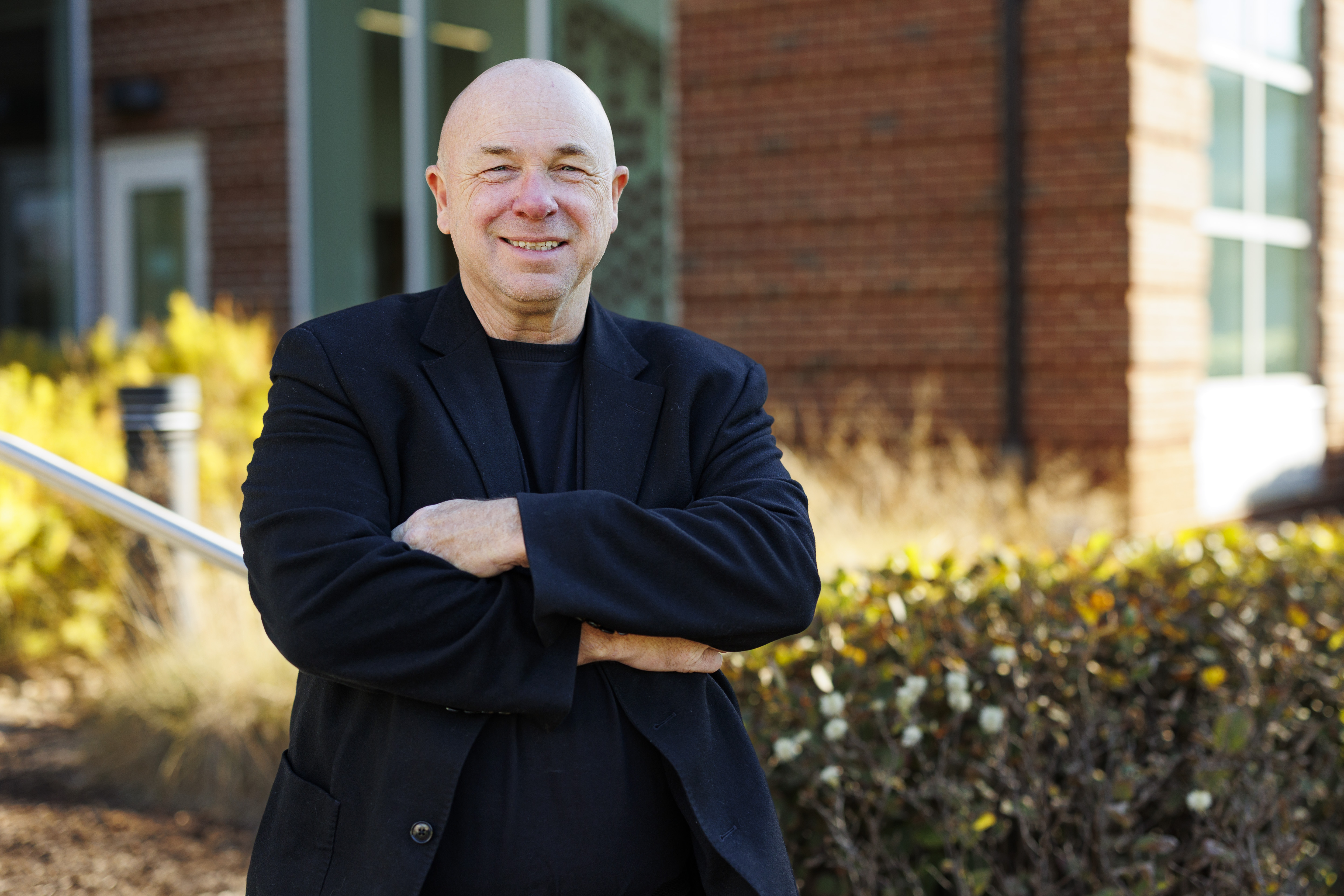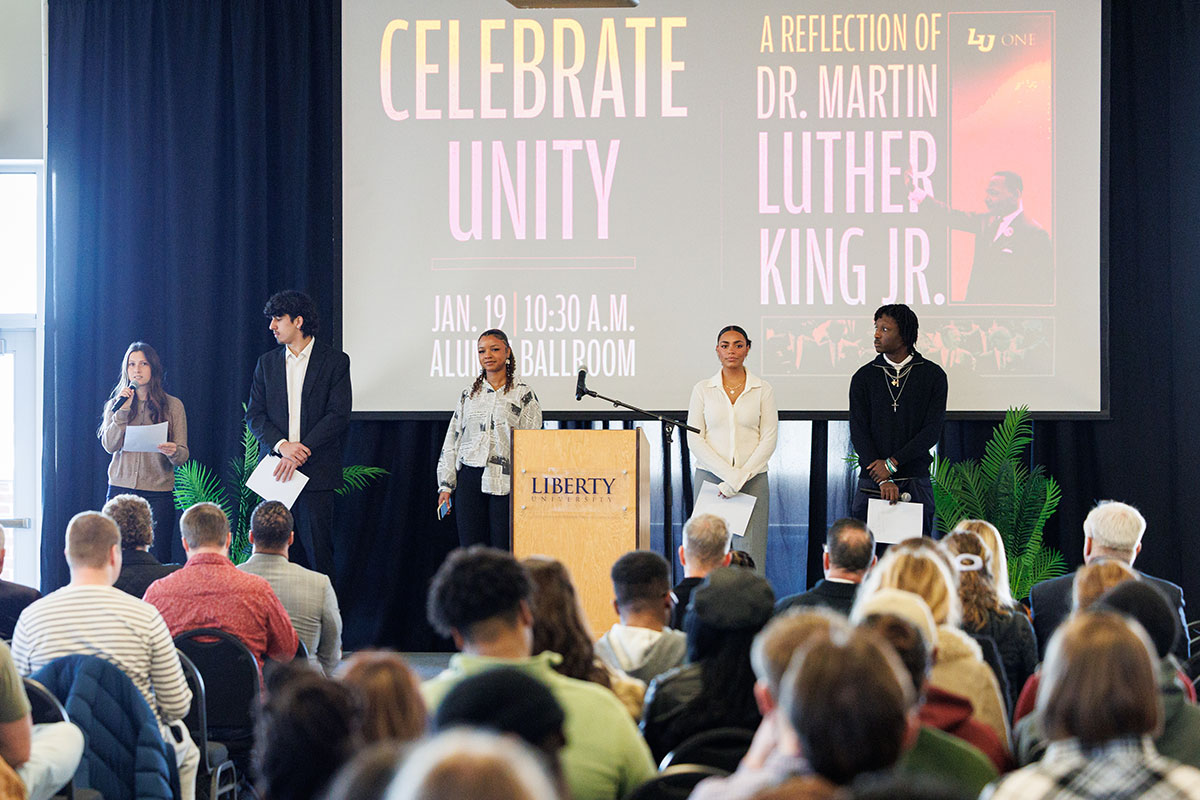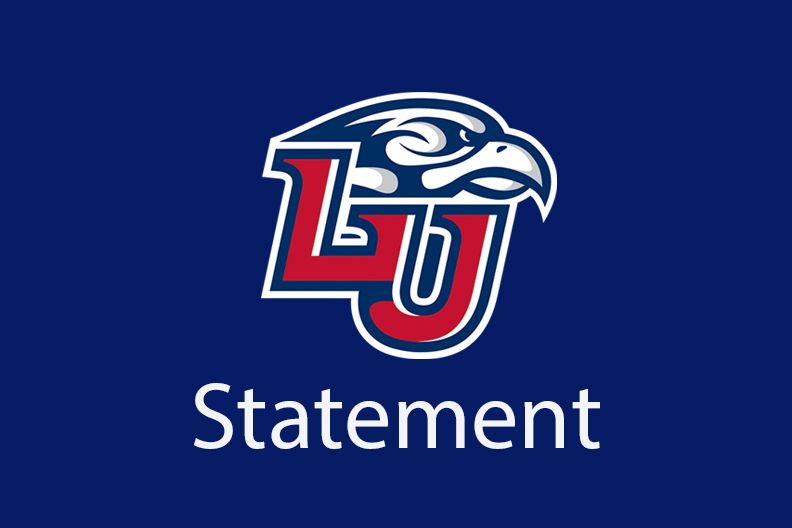Liberty faculty member joins grant project to treat mental illness, substance abuse in Central Virginia
October 30, 2025 : By Ryan Klinker - Office of Communications & Public Engagement

Dr. Fred Volk, director of doctoral research for the Liberty University School of Behavioral Sciences, is working with a local agency to help serve those with severe mental disorders and substance abuse in Campbell and Appomattox counties.
“In rural areas, those with serious mental illness are at much higher risk for substance abuse, and the lack of providers exacerbates that issue,” Volk said. “The focus of this grant and other work is ensuring those in need have access to behavioral health services that they would otherwise not have. For me, it’s taking our skill set as faculty and translating that into community impact.”
The project is being carried out through Horizon Behavioral Health, which was awarded a $1 million grant from the Health Resources and Services Administration in August of 2025. Horizon is the premier provider of mental health, substance use, and intellectual disability services in Central Virginia. For over 50 years, it has developed and implemented evidence-based services that help increase years of life and reduce disparities in health outcomes among adults with serious mental illness and substance use. The agency’s model, known as Illness Management and Recovery, teaches illness self-management to persons with serious mental illness, especially the underserved population. Expected outcomes for IMR include increased social connection, use of coping skills, and social functioning and participation in their communities; addressing warning signs quickly; reduced psychiatric hospitalizations; and greater insight into symptom identification and medication management.
Volk is serving as co-principal investigator and evaluator for the grant, overseeing the project and assessing its impact over the four-year timeline. He said 150 individuals will be served through the project.
Over the past several years, Volk has collaborated with Horizon Behavioral Health on eight federally and state-funded initiatives supported by the HRSA, the Substance Abuse and Mental Health Services Administration, AmeriCorps, and the Bureau of Justice Assistance. These projects have actively involved Liberty University faculty and students in applied research, program evaluation, and community-based service efforts, bridging academic scholarship and local impact. Among these efforts are a 2021 HRSA grant improving access to care for individuals with co-occurring disorders in Amherst and Bedford counties; a BJA-funded project that expanded the capacity of Lynchburg’s Adult Drug Court; and a collaborative initiative with the Lynchburg City Police Department focused on co-response and community crisis intervention to better serve individuals experiencing behavioral health emergencies. Faculty collaborators have included Dr. Brianne Friberg, Dr. Brian Kelley, Dr. Fred Milacci, Dr. Andrew Milacci, and Dr. Mitch Morrison, whose expertise has supported research design, training, and data interpretation.
“We are thrilled to continue our partnership with Dr. Fred Volk through this second round of HRSA Rural Health Outreach funding,” said Jennifer Smith Ramey, director of grants and programs at Horizon Behavioral Health. “In our initial grant (2021-2025), Dr. Volk led a rigorous mixed-methods evaluation that directly contributed to sustained funding and expanded our capacity to reach marginalized adults across rural localities who face stigma, transportation challenges, and other barriers to accessing evidence-based care. We greatly value our relationship with Liberty University, School of Behavioral Sciences Dean (Dr. Kenyon) Knapp, and Dr. Volk, whose combination of academic rigor and passion for community wellness has made a tangible impact in Central Virginia.”
While Horizon is not a faith-affiliated organization, Volk said his work and mindset in these projects are rooted in Christ’s directive to believers to serve others in need.
“The way I conceptualize this work is that it is really about us as believers enabling the helpers, the people who are doing the hard work of (serving), even in secular domains,” he said. “I think of this work, and the work that Horizon does, as working with the people that God calls us in the New Testament to work with — those who aren’t getting services, those who are disadvantaged, those who are struggling — and it’s our job to facilitate that in any way that we can. Treating folks with serious mental illness and folks who are struggling with substance and getting them the treatment they need, I don’t think you call that anything but ministry.”


